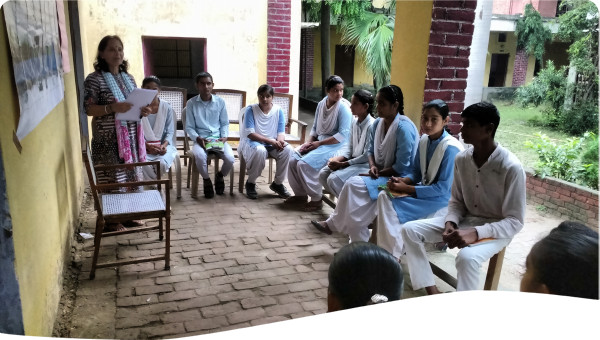We enter the 21st century contending with the end of the Cold War's legacy of political uncertainty, expecting youth to play a significant part in the search for new principles that will bring about stability in the world political order. In forging the future, youth will have to collaborate with adults, but on terms more fitting of the historical circumstances that lie ahead than those of the past. This was the framework adopted by a group of social scientists who held several discussions to reflect on the issues and opportunities that bear on youth's civic engagement and development in the century that has just opened. The present article describes the results of those conversations, starting with the issue of defining civic competence, and the finding that an expansive definition is needed to match the real-world circumstances that affect its development for youth internationally. Specific conditions, such as globalization, information – communication technology, and immigration, are emphasized as forces that affect youth and need to be taken into account by educators and policy makers. In this regard, responsibilities of schools, government, the commercial sector, and community organizations are outlined. Each is viewed as a potential constructive force for promoting engagement insofar as youth's strengths are recognized and focus is placed on building on youth's proven capacities. As always, it is youth’s task to make history in the future and society's obligation to provide youth with sufficient resources and an honest basis for hope in carrying out this task. The authors' policy recommendations are founded on this reciprocal relation that binds the youth generation with its elders in the common task of preserving, while transforming, society for the good of humanity.
Description / Abstract
Publication year
Publisher
Thematic Tagging
English
 Resource -
Resource -
